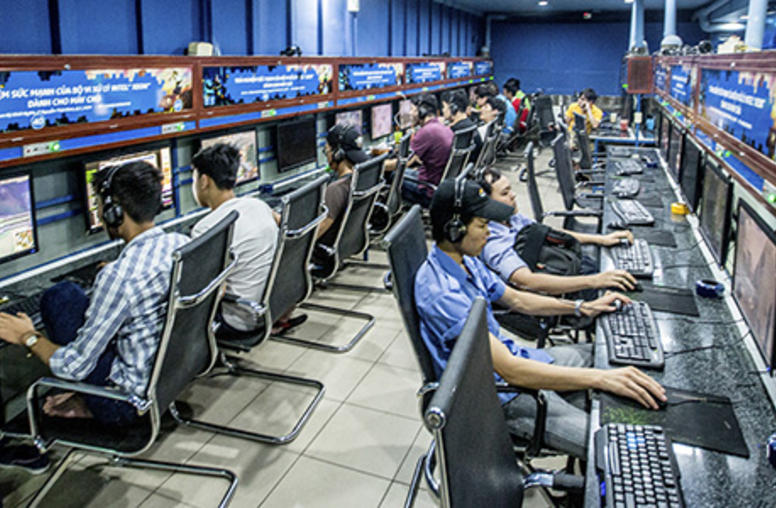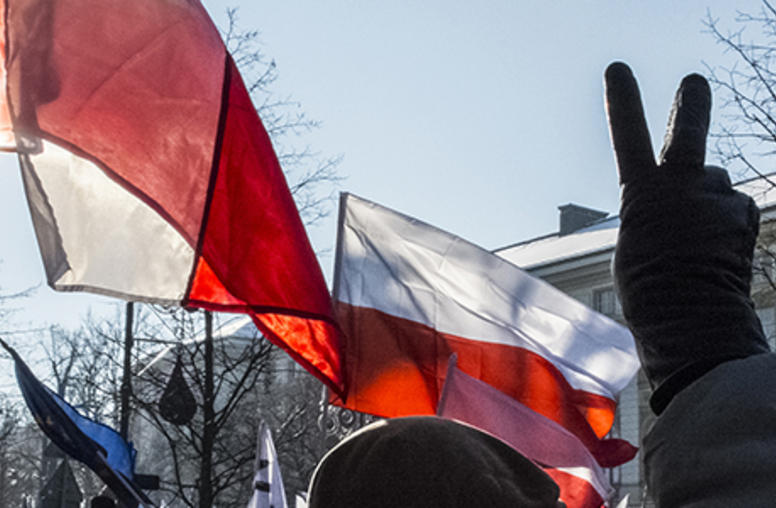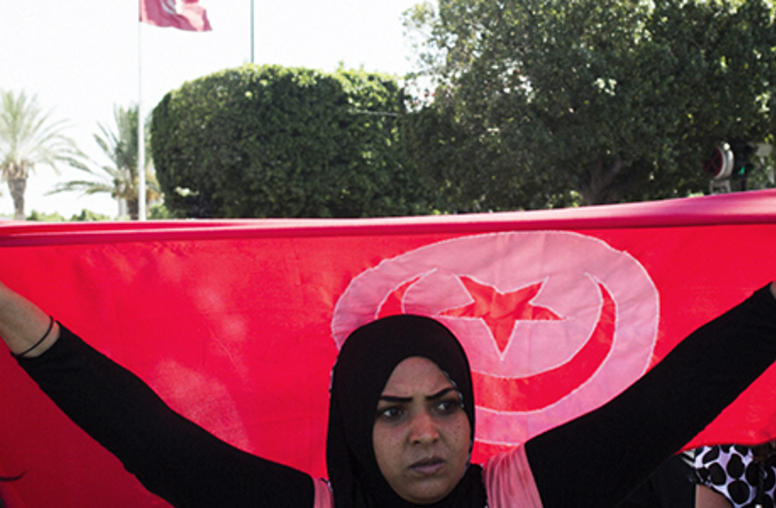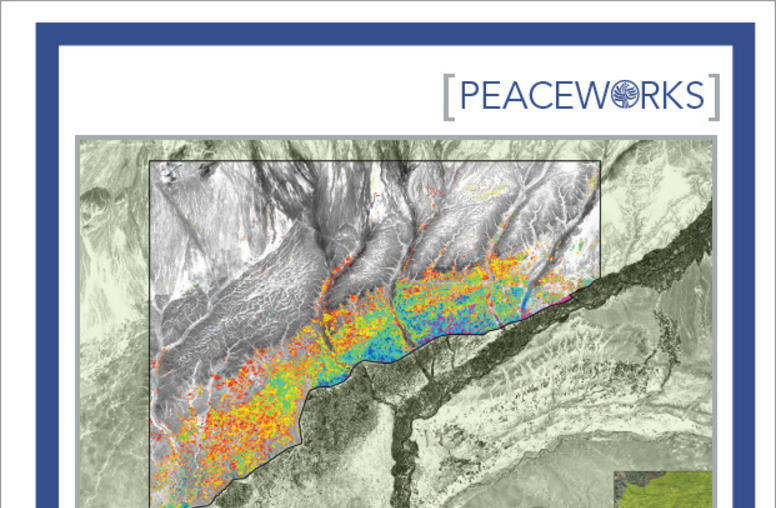Cross-Border Disease Surveillance: Promoting Cooperation or Sowing Tension?
The Working Group on Health and Peacebuilding hosted a panel to consider cross-border cooperation in disease surveillance, and the broader questions about the relationship between health and national security.
The emergence of novel infectious diseases, including HIV/AIDS, SARS, and influenza A (H5N1) has prompted nations to understand that protection from pathogens depends in part upon successful international cooperation on disease surveillance and response.
The World Health Organization’s International Health Regulations, revised in 2005 and signed by 194 countries, represent a major advancement in international cooperation on global disease surveillance and response. But is there increasing cooperation on the threat of infectious disease? There is evidence that even in regions where political tensions between nations are high, cooperation to protect domestic health security can prevail over resistance to cross-border cooperation.
At the same time, there are growing schisms between rich states, who value global surveillance to protect their own populations and interests, and poorer states, some of whom argue that “global health security” does little to address threats to their population or security interests.
The Working Group on Health and Peacebuilding hosted a panel to consider cross-border cooperation in disease surveillance and the broader questions about the relationship between health and national security.
Speakers
- Harley Feldbaum
Director of the Global Health and Foreign Policy Initiative, Paul H. Nitze School of Advanced International Studies, Johns Hopkins University - William Long
Jennings Randolph Senior Fellow, U.S. Institute of Peace - Leonard S. Rubenstein, Moderator
Coordinator, Health and Peacebuilding Working Group, U.S. Institute of Peace
Explore Further



